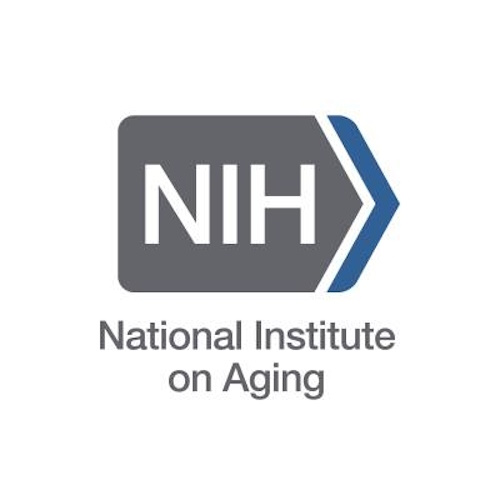Key points from article :
The NIA Interventions Testing Program‘s look at a series of compounds for life-extending properties in mice.
In advancing geroprotective therapies, or dismissing them as ineffective, extensive mouse data will be required.
The interventions studied were:
- 17‐α‐estradiol (17αE2), “non‐feminizing” estrogen
- Nicotinamide riboside (NR), a precursor of NAD+
- Candesartan cilexetil (CC), an angiotensin‐receptor blocker
- Geranylgeranylacetone (GGA), a heat shock proteins (HSP)
- MIF098 ((3‐(3‐hydroxybenzyl)‐5‐methylbenzo[d]oxazol‐2(3H)‐one), macrophage migration inhibition factor.
17‐a‐estradiol late in life extends lifespan in aging male mice.
Nicotinamide riboside and three other drugs do not affect lifespan in either sex.
In females, weights of mice fed NR, CC and MIF098 were about 5g lighter.
In males, weights of mice fed NR, CC, GG and MIF098 were similar to control groups.
Study by NIA published in the journal Aging cell.







